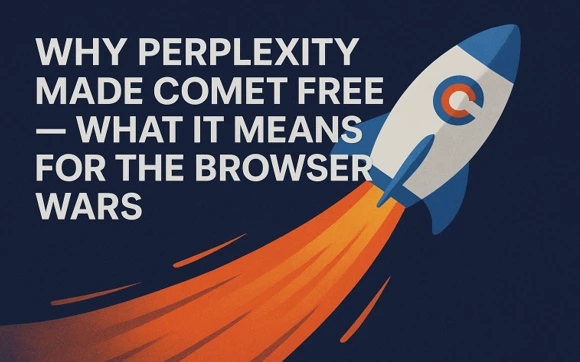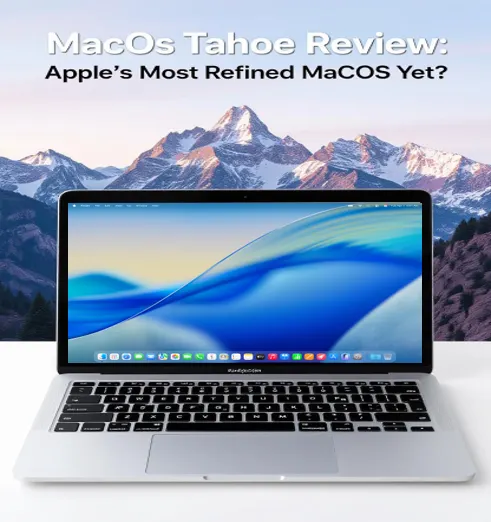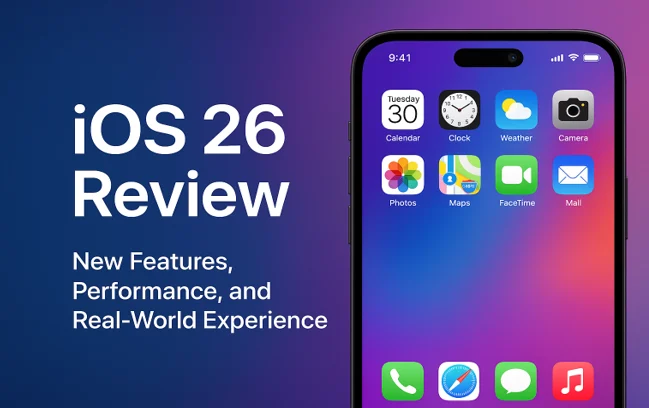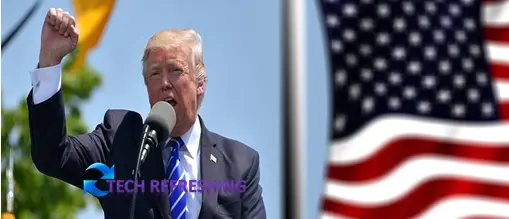
After being suspended from Facebook and Instagram, along with Twitter, YouTube and Snap, in January of 2021, former President Donald Trump is being allowed back onto the platforms by Meta. The suspension came after the former president praised rioters who stormed the Capitol on January 6th, 2021, and incited “violent insurrection” against American democracy.
New Guardrails in Place
Meta’s decision to allow Trump back on Facebook and Instagram follows Twitter’s reversal of their permanent ban on him last month. Meta’s president of global affairs, Nick Clegg, wrote in a blog post that the risk to public safety had “sufficiently receded” but added new guardrails for Trump’s future posts to prevent a similar incident as the one on January 6th. These guardrails include limiting the reach of his posts, restricting access to advertising tools, and removing the reshare button from offending posts. If Trump continues to violate Facebook’s rules, he could be suspended again for a period between one month and two years.
Scrutiny Over Every Post
While the US is no longer in the midst of a transition of power or under nationwide pandemic lockdowns, former President Trump has not recanted his election-denying views. He continues to spread false claims about the 2020 election and promote dangerous conspiracy theories like QAnon, causing concern among democracy experts and 60% of Americans about potential violence during the 2024 presidential election. If Trump returns to Facebook, every post he makes will be scrutinized, and the company will have to decide if it violates their rules and what the consequences will be.
Return to Mainstream Social Media
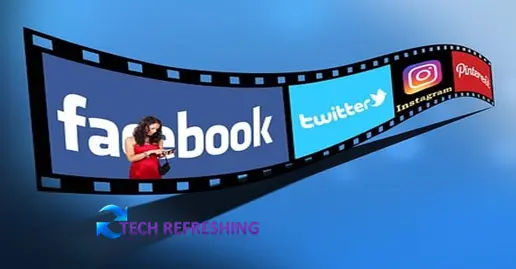
For a while, it seemed as if Trump wouldn’t return to mainstream social media, but now he’s reportedly seeking to get out of his exclusivity contract with Truth Social and planning his return to both Twitter and Facebook. During his suspension from Facebook, he was unable to run ads or fundraise on the platform, and as a key mechanism for fundraising, his return to Facebook is important.
Preparing for More of What’s Been Shared on Truth Social
Trump’s return to Facebook and Instagram will likely bring more of what he’s been sharing on Truth Social. From April 28th to October 8th, he shared 116 posts amplifying “followers and sympathizers of QAnon” and 239 posts containing false claims about the 2020 election. Facebook will be facing a tough decision with every post he makes, and the company had better be prepared for the public fallout.
The Largest Gathering in the Country
Facebook is by far the most powerful social media app for running a political campaign, with a user base of nearly 3 billion compared to over 350 million on Twitter and 2 million on Truth Social. As a digital campaign strategist, Eric Wilson, told Recode, “Any candidate needs to be where their voters are. As far as digital campaigning is concerned, Facebook is the largest gathering in the country.”
Reactions to the News
Mixed feelings have been expressed in response to the news of Trump’s return to Facebook and Instagram. Despite the fact that some applaud the decision as a step towards free speech and the right to express oneself, others worry that it could exacerbate tensions and propagate untrue information. Facebook should have taken additional precautions to make sure that its platform wasn’t used to foment violence and spread hate speech, according to those who oppose the judgement.
Facebook is being urged to take decisive action to address the issue of hate speech and false information on its platform by major political figures and civil rights organisations. They are arguing for the development of a system that would hold prominent people, such as politicians, accountable for any violations of the community standards of the enormous social media platform. This requirement emphasises the critical role social media firms play in encouraging responsible discourse and halting the spread of harmful content, and the necessity for them to take proactive measures in this direction.
Impact on the 2024 Election
The comeback of former President Donald Trump on Facebook and Instagram is poised to have a profound impact on the 2024 election. These social media platforms hold enormous power in shaping public perceptions and potentially swaying the election’s outcome. The challenge now lies in striking a delicate balance between preserving freedom of speech and preventing the dissemination of misinformation and hate speech. It remains uncertain how Facebook and Instagram will address this dilemma in the lead up to the election.
Regardless of one’s political views, it’s clear that the role of social media in politics is not going away anytime soon. Facebook and other social media companies must be prepared to navigate this complex landscape and make tough decisions to uphold their community standards while also allowing for free speech and open communication.
To sum up, the re-emergence of former President Donald Trump on Facebook and Instagram after his ban for his involvement in the Capitol riot on January 6th, 2021 has elicited mixed reactions. Some support the move as a demonstration of free speech, while others worry about the potential proliferation of misinformation and hateful speech. Its influence on the 2024 election is yet to be determined, but it is evident that social media platforms must be ready to strike a delicate balance between free expression and safeguarding the public.
Facebook, being the largest social network in the country, holds a great deal of power in shaping public opinion and impacting election results. It must therefore be prepared to make tough choices in order to uphold its community guidelines while fostering open communication.

